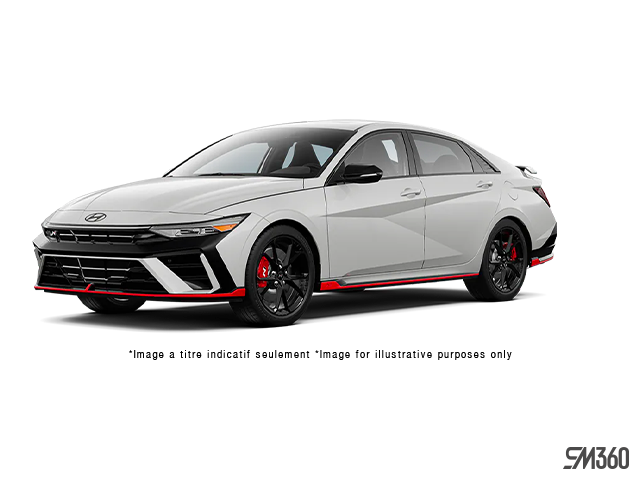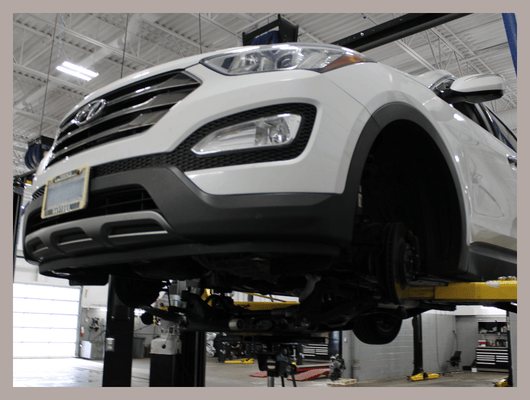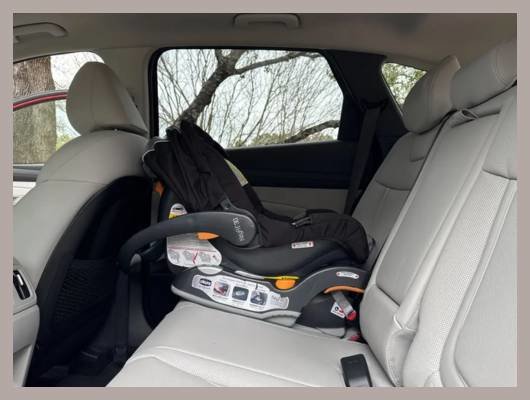Selling a used vehicle privately or trading it in at a car dealership has advantages and disadvantages. If you want to sell your vehicle privately, we wrote this guide to help you learn more about the process.
What Is a Trade-In Car?
A trade-in car is one you sell to a dealership, whereas a private sale is a sale you make to a person. Selling a vehicle privately is often faster than trading it in, but you give up control of the price you’re paid.
Selling your car at a dealership is safer because most dealerships have guarantees on the price they’ll pay, but you may have to have it inspected by a mechanic before they’ll buy it. If you decide to sell your vehicle privately, you also need to be willing to negotiate—the buyer won’t just accept your initial offer.
How Can I Know The Value of My Trade-In Car?
To properly evaluate your trade-in car, you’ll need to know how much it’s worth to a dealer. The first step is to determine the condition of your vehicle and consult the Canadian Black Book. To access this resource, you’ll need to know your vehicle’s year, make, model, and mileage.
From there, you can look at the Canadian value of your vehicle and match that to the Canadian Black Book’s trade-in value.
For example, if the Canadian Black Book states that your vehicle is worth $4,000, but the car dealership is only offering you $3,000, you should try to argue for more. If your car is in exceptional condition and has documentation to prove it, you could get a better offer.
What Can I Expect From a Car Trade-In?
Each dealership has its own system for appraising your trade-in vehicle. Some dealers will look at the Canadian Black Book price and make a counteroffer, while others will offer the price quoted in the book. Some dealers make the purchase price conditional on the vehicle passing an inspection.
Most car dealerships will contact you by phone or email to let you know the final price of your trade-in. If you accept the offer, you can take your vehicle to the dealership to complete the sale.
What Are Some of the Things That Affect a Trade-In Car’s Value?
The condition of your vehicle is arguably the most crucial factor affecting your trade-in value. In addition to the make, model, and trim of your car, other factors are considered to determine the condition of your vehicle:
- Accidents: Accidents will affect your trade-in value, as the dealership will want to make sure that it isn’t taking on a car with structural damage that could lead to expensive repairs.
- Maintenance: A well-maintained vehicle should have low maintenance costs and vice versa. A low maintenance bill means that you won’t have to worry about costly fixes right away.
- Mileage: The more kilometres on the odometer, the more likely you are to need repairs.
- Fuel Economy: The better your fuel economy, the more money you’ll get for your trade-in.
- Age: A well-maintained car can last for many years.
Conclusion
If you’re looking to buy another car, you may want to consider trading in your current vehicle. Research the value of your car and find out how much you can expect to get if you sell it privately or trade it in.
Ajax Hyundai is proud to provide outstanding service and competitive prices to drivers in Toronto and the surrounding area. We are a dealership center where you’ll find a solid selection of new Hyundai for sale, as well as a carefully inspected lineup of pre-owned vehicles. Our commitment to our customers continues well beyond the date of purchase. Our team of finance experts can help you get the right loan or lease in a quick, easy, and transparent manner. If you’re looking for a Hyundai car dealer in Ajax, get in touch with us! Call us at 1-905-427-0111 today!






